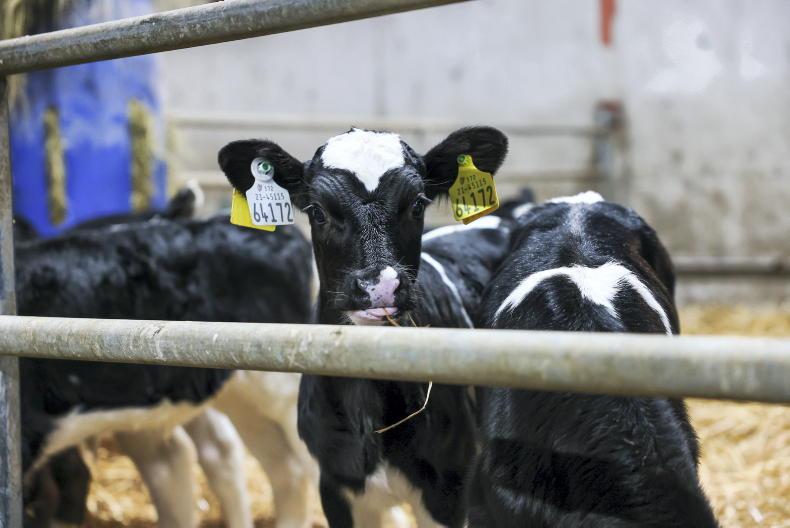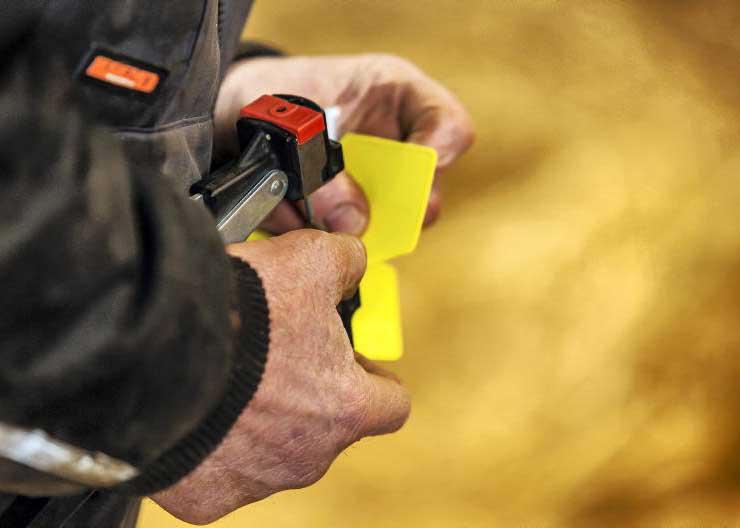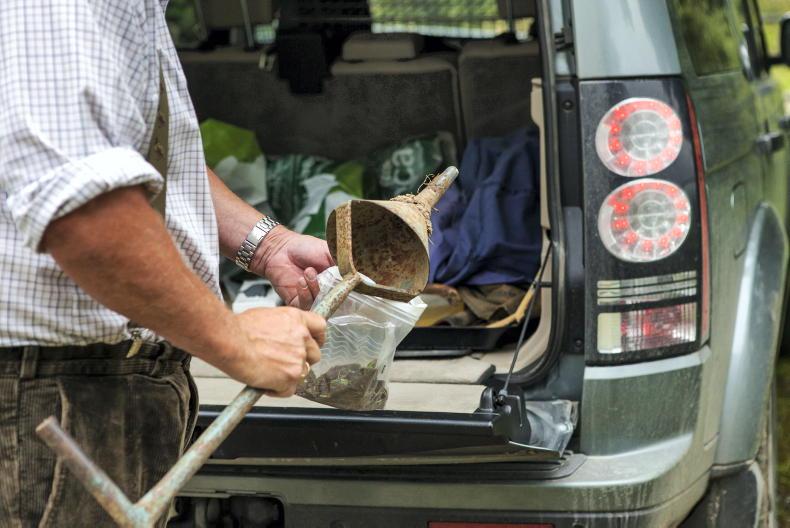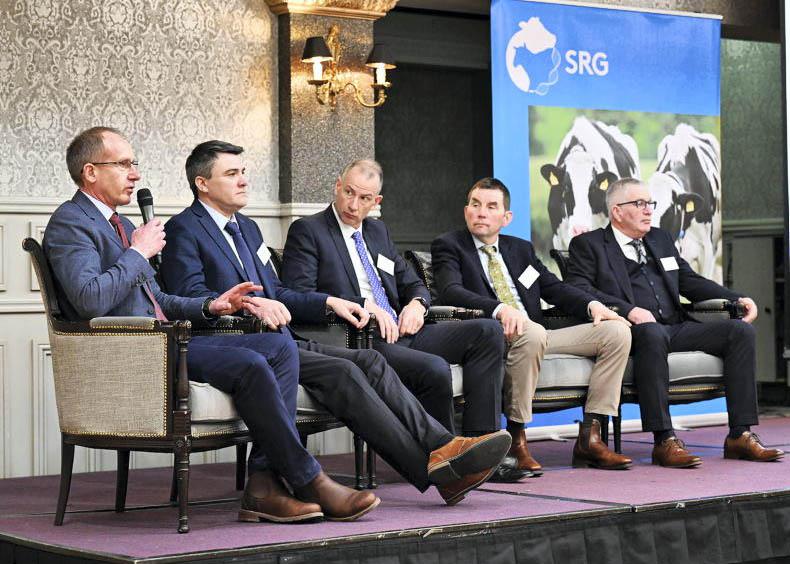The eradication of bovine viral diarrhoea (BVD) on NI farms has stalled and there are early signs that rates of the disease have started to increase again.
The latest figures show that animal incidence rate stood at 0.33% during the 12 months to the end of October 2021.
It means that, on average, just over three in every 1,000 calves tissue-tagged after birth tested positive for BVD.
Although the animal incidence rate has halved since compulsory BVD testing was introduced in NI six years ago, there has been little recent progress in driving it down further.
In fact, the latest incidence rate is slightly higher than earlier in 2021 when 0.29% was recorded up to the end of February.
Incidence rates
“In the past year and a half, we have not seen animal incidence rates stay on a sustained downward trajectory,” said Sharon Verner, BVD programme manager at Animal Health and Welfare NI (AHWNI). The group of industry representatives that oversees the BVD programme in NI is continuing to press for more action to be taken by DAERA to help stamp out the disease.
This includes issuing letters to neighbouring farmers to alert them of the BVD risk to their herd if someone in their local area has not culled a calf that is persistently infected (PI) with BVD.
“Herd restrictions for a limited period, depending on how quickly a PI is culled, would be extremely useful because we believe that BVD is spreading from infected herds through the movement of transiently infected animals,” Verner said.
Only DAERA can act on it at this stage
“The implementation group has been consistently asking for several years for these measures to be introduced. Only DAERA can act on it at this stage,” she added.
A more recent request is for a system to be introduced which indicates the BVD status of individual herds.
The proposal is that the BVD statuses would not be publicly shown at marts, but someone could ask a farmer if they have a BVD-negative status before they buy stock from them.
Such a change could also make it easier for those who export breeding stock to the Republic of Ireland.
Legislation
A spokesperson from DAERA said department staff are currently considering which “BVD programme enhancements” would require new legislation to be passed at Stormont.
“DAERA intends to progress this work on further legislation in 2022 and is currently considering the timescales in respect of how it could be realistically delivered,” the spokesperson said.
However, new legislation will require a period of public consultation and DAERA has confirmed that this is not expected to happen before the next Assembly election in May 2022.









SHARING OPTIONS